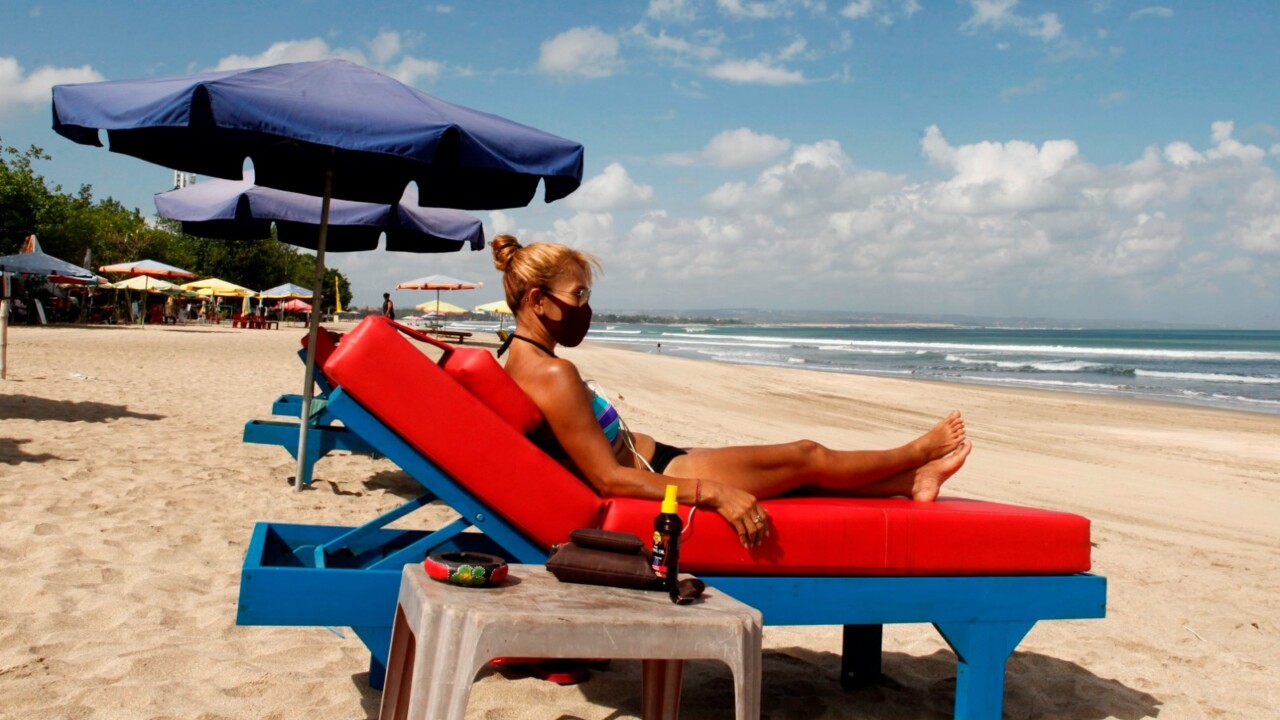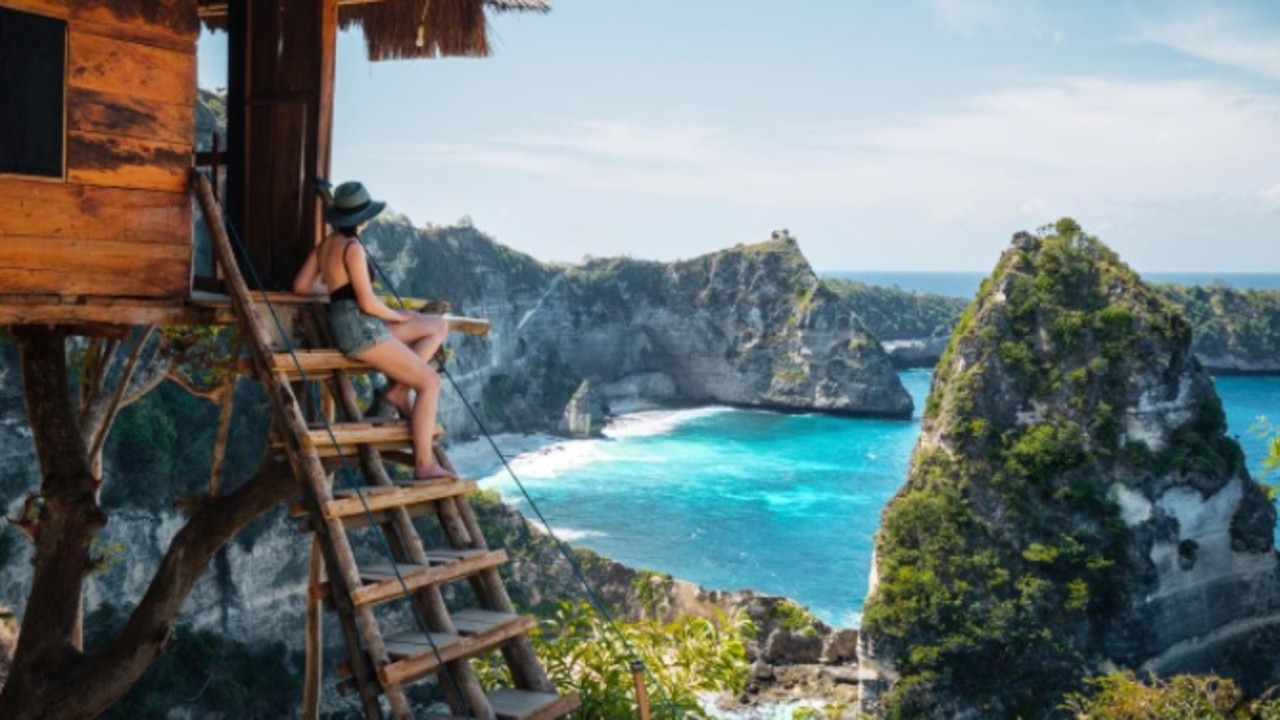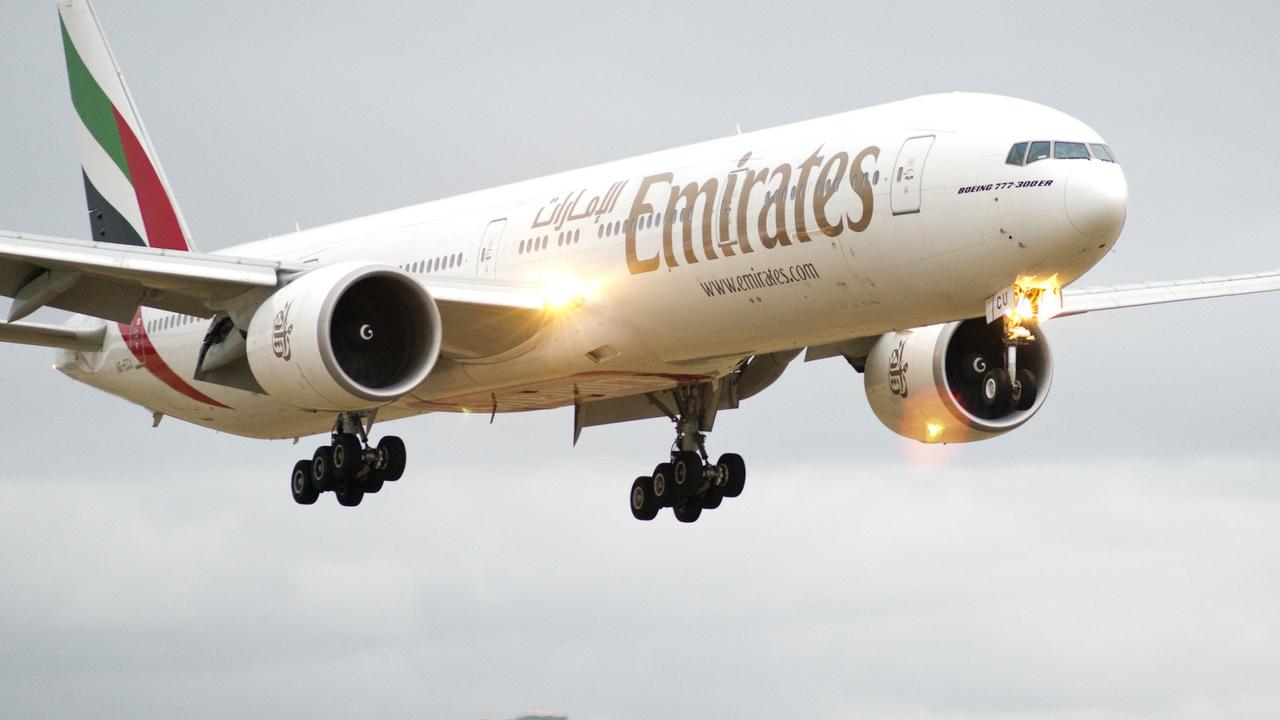Tourist hotspot Bali looks at reopening to overseas tourists
There’s preparations to allow tourists back into the popular holiday destination as of October — but only to those from select countries.

The popular tourist destination has announced it is looking at reopening its borders to foreign visitors as of October — but only to those from select countries.
Co-ordinating Minister Maritime Affairs and Investment Luhut Pandjaitan told media on Friday that preparations are ongoing to enable the island to welcome tourists again.
“Looking at the current trend, we are very confident we can open Bali by October,” he said, referring to falling Covid infections in Indonesia.

At first, it will only be looking at welcoming countries which have a low spread of Covid-19 such as South Korea, Japan, Singapore and New Zealand.
Mr Luhut said these visitors will still need to serve quarantine.
Australia could join the list if it reaches its target of 80 per cent of citizens fully-vaccinated by November.
As of September 19, at least 46 per cent of Aussies had been double jabbed.
Currently, Indonesia only allows foreign nationals who hold diplomatic or working visas, or are eligible for other exemptions, to enter the country.
Bali was due to open in July this year but a sharp surge in cases put plans on hold.
It recorded upwards of 50,000 new Covid cases each day at the peak of its outbreak in July.
However, now that daily infections have fallen by nearly 95 per cent, officials eased restrictions this week for locals.
According to The Straits Times, vaccinations have also been rolled out with 96 per cent of the target population having already received their first jabs.
In terms of which parts of the country will open first to foreigners, Mr Luhut said Bali would be the starting point.
“We are not in a big rush to make Indonesia 100 per cent open (to all foreign visitors),” he told media on Friday.
Prior to the pandemic, Bali attracted more than six million foreign tourist arrivals in 2019 alone and Australian and Chinese tourists made up more than half of that total.
The country as a whole has grappled with one of the worst coronavirus outbreaks in Asia, recording more than 3.9 million cases and 120,000 deaths since August.

‘VACCINE PASSPORTS’ IN AUSTRALIA
The idea of a vaccine passport has been flagged as a way for Australia to return to normality by health and government officials. It would be a government-issued document that shows a person has been vaccinated against Covid-19 and other viruses.
It could also allow Australians the freedom to travel interstate despite lockdowns and outbreaks and attend family gatherings and big sporting events down the track.
While vaccination is not compulsory in Australia, the plan could offer more incentives to get vaccinated amid concerns some older Australians are hesitant and “vaccine shopping” by delaying their jabs to wait for other alternatives.

Prime Minister Scott Morrison flagged the vaccination passport option in May, suggesting a range of new travel freedoms for fully vaccinated Australians.
“We’ve seen that operate in other countries and I think they’re the types of things that can be used particularly to enable Australians who are vaccinated to move around Australia,’’ Mr Morrison said.
“I think that the next most achievable step, because Australia, with our international borders up, means that vaccinated Australians would be in a much lower risk position when restrictions were to kick in on Australians going on public transport or going to theatres or going to the footy or whatever they might do … family get-togethers.”





